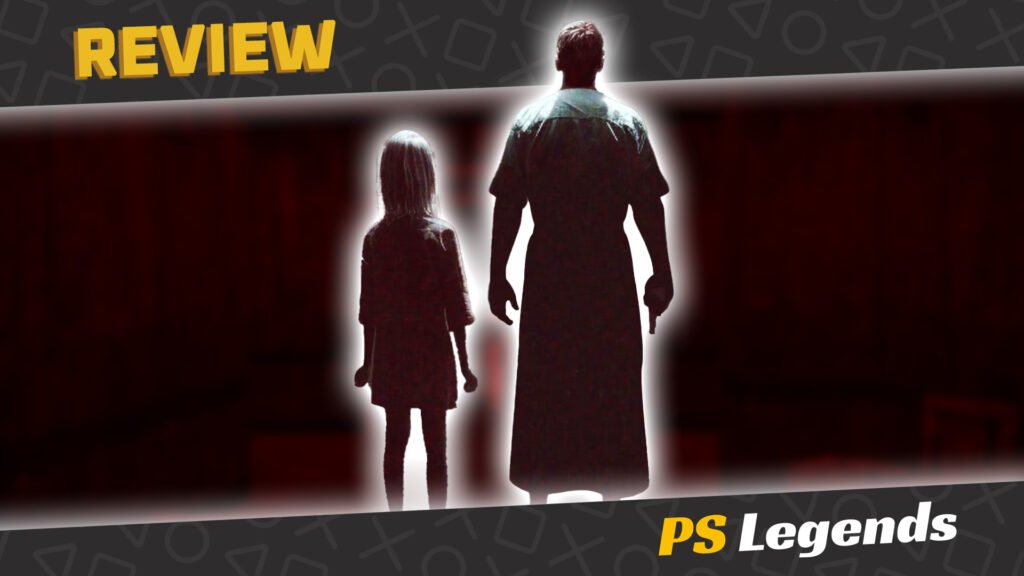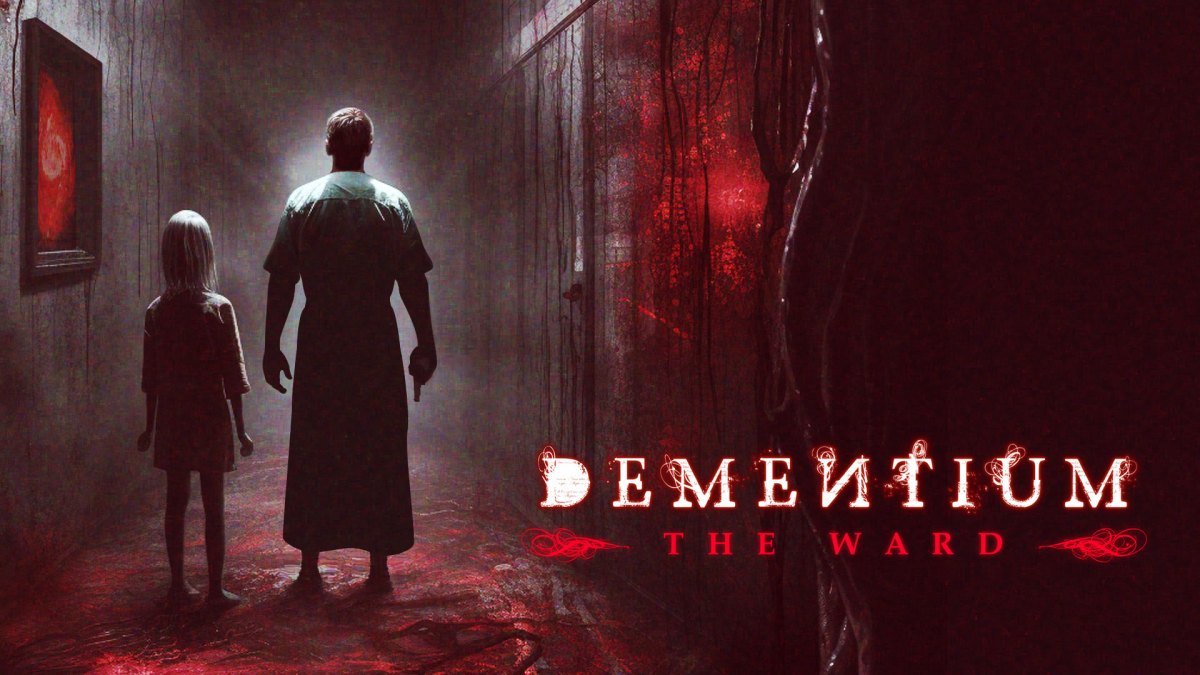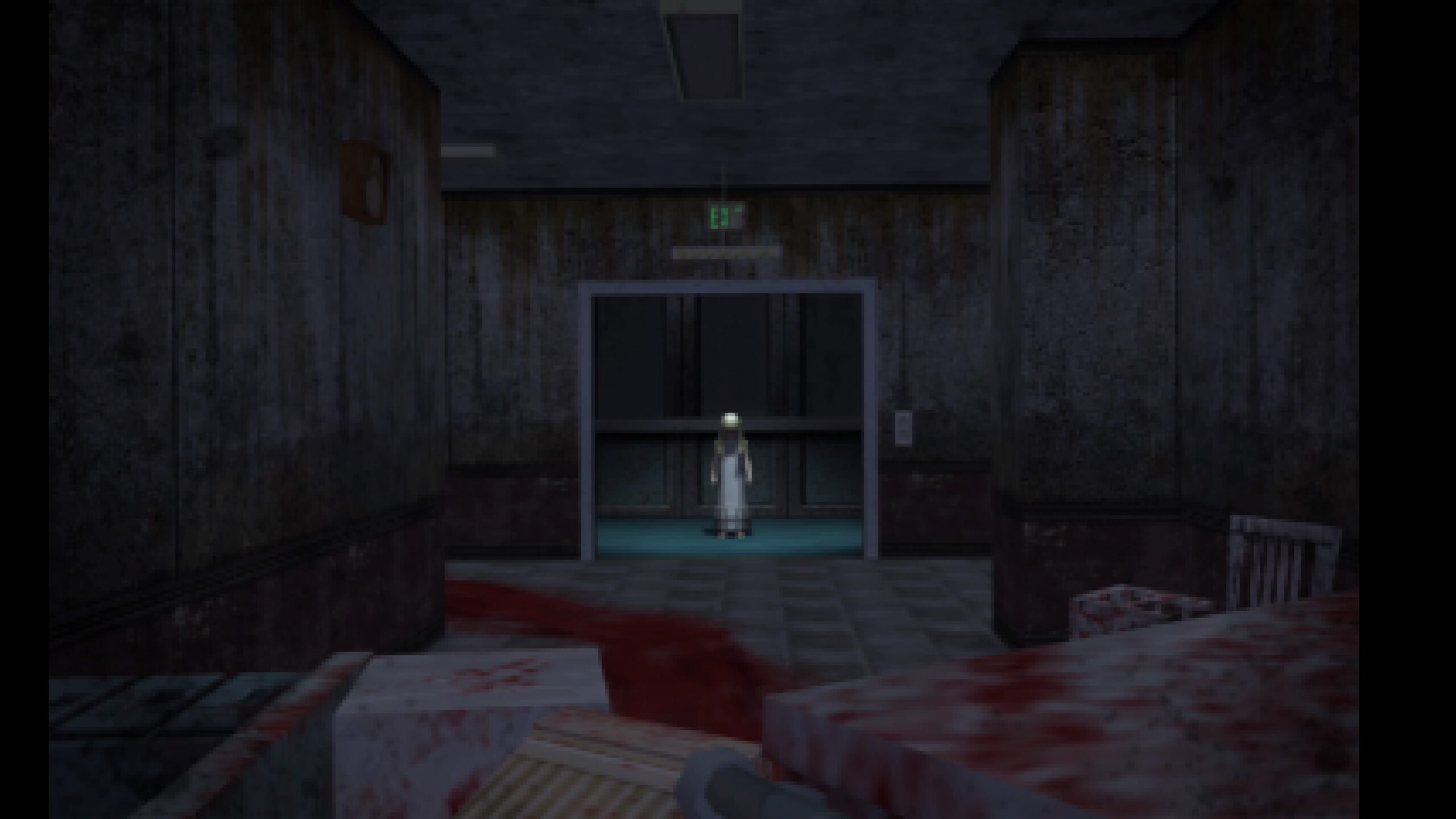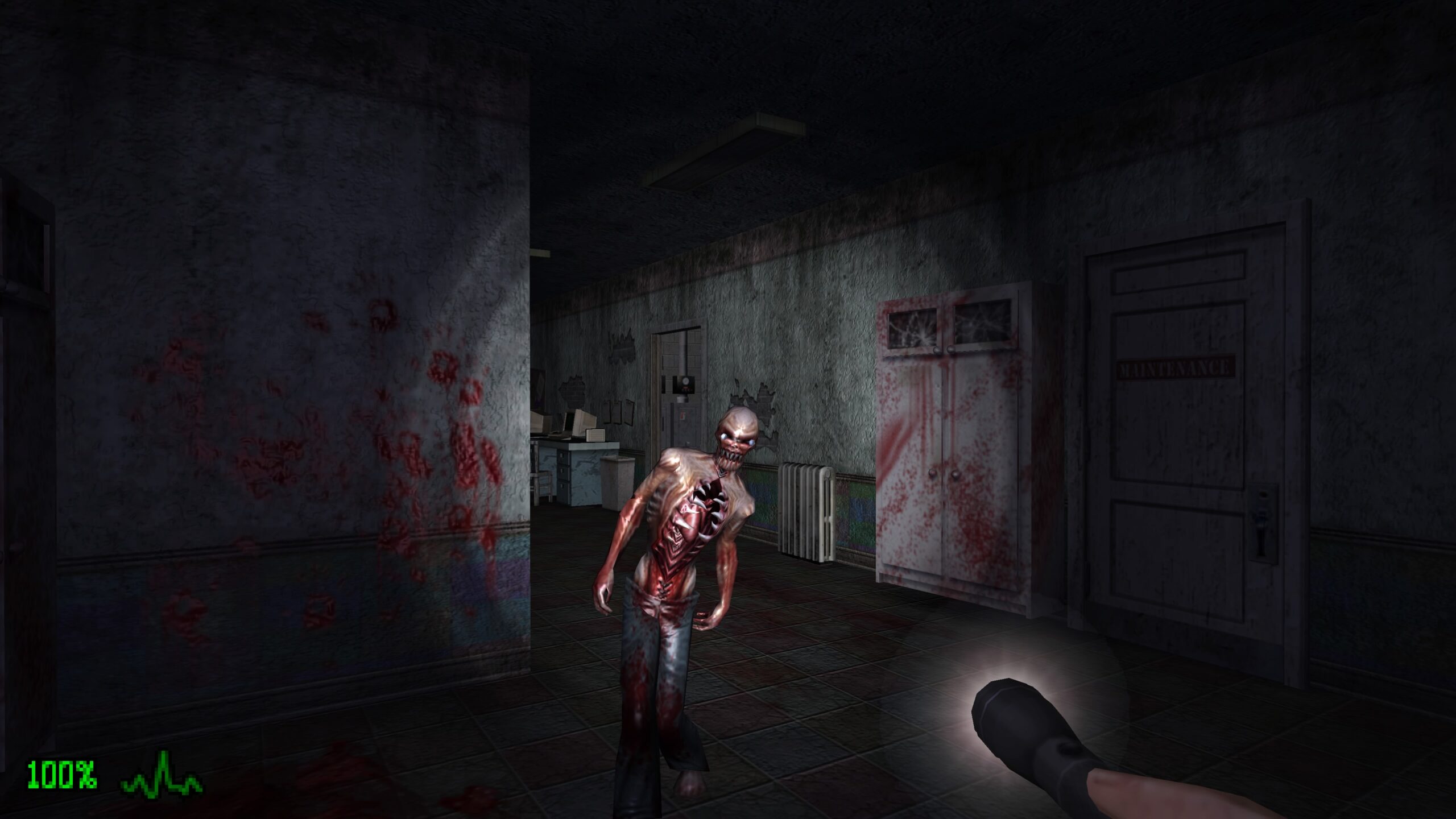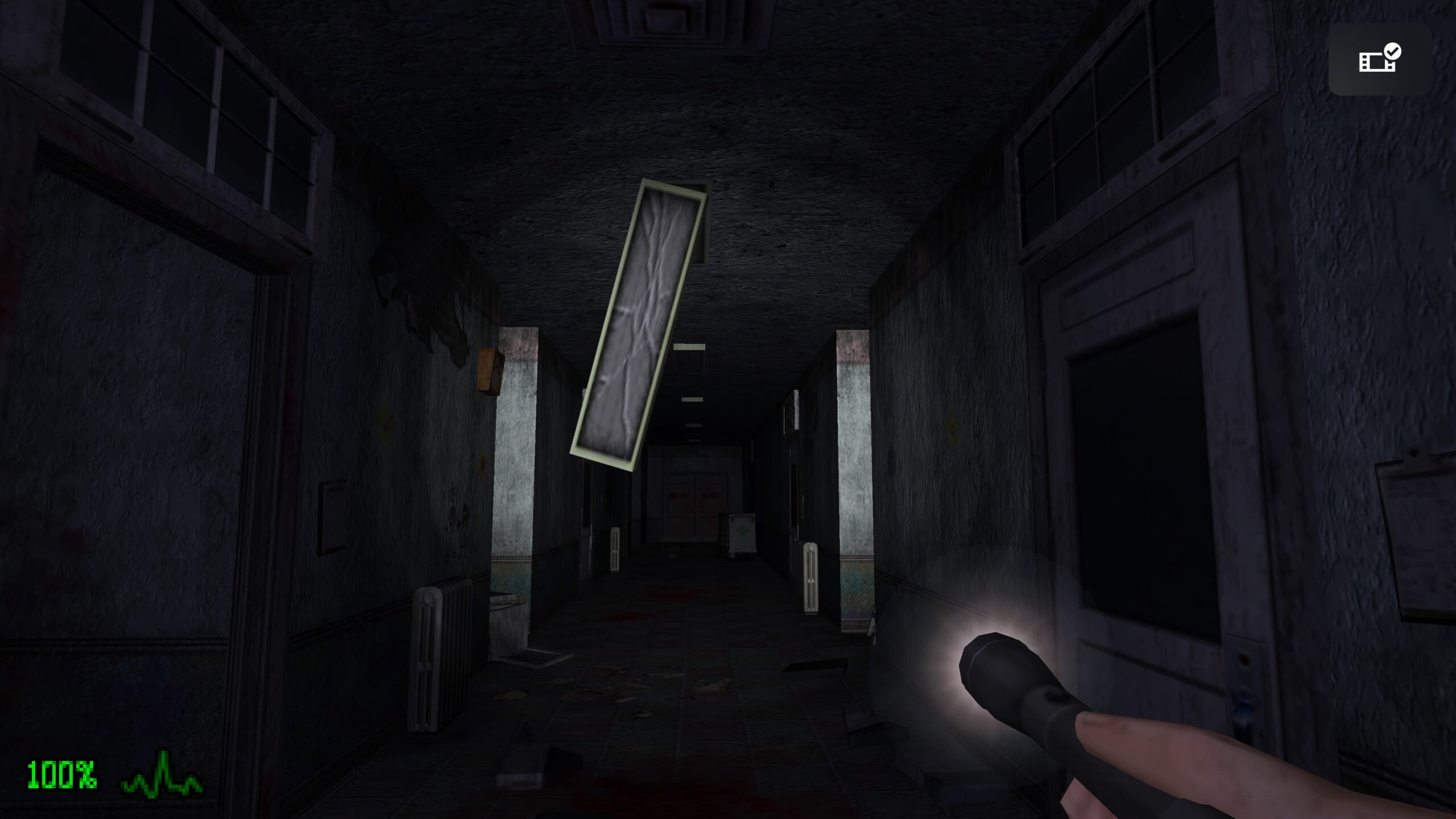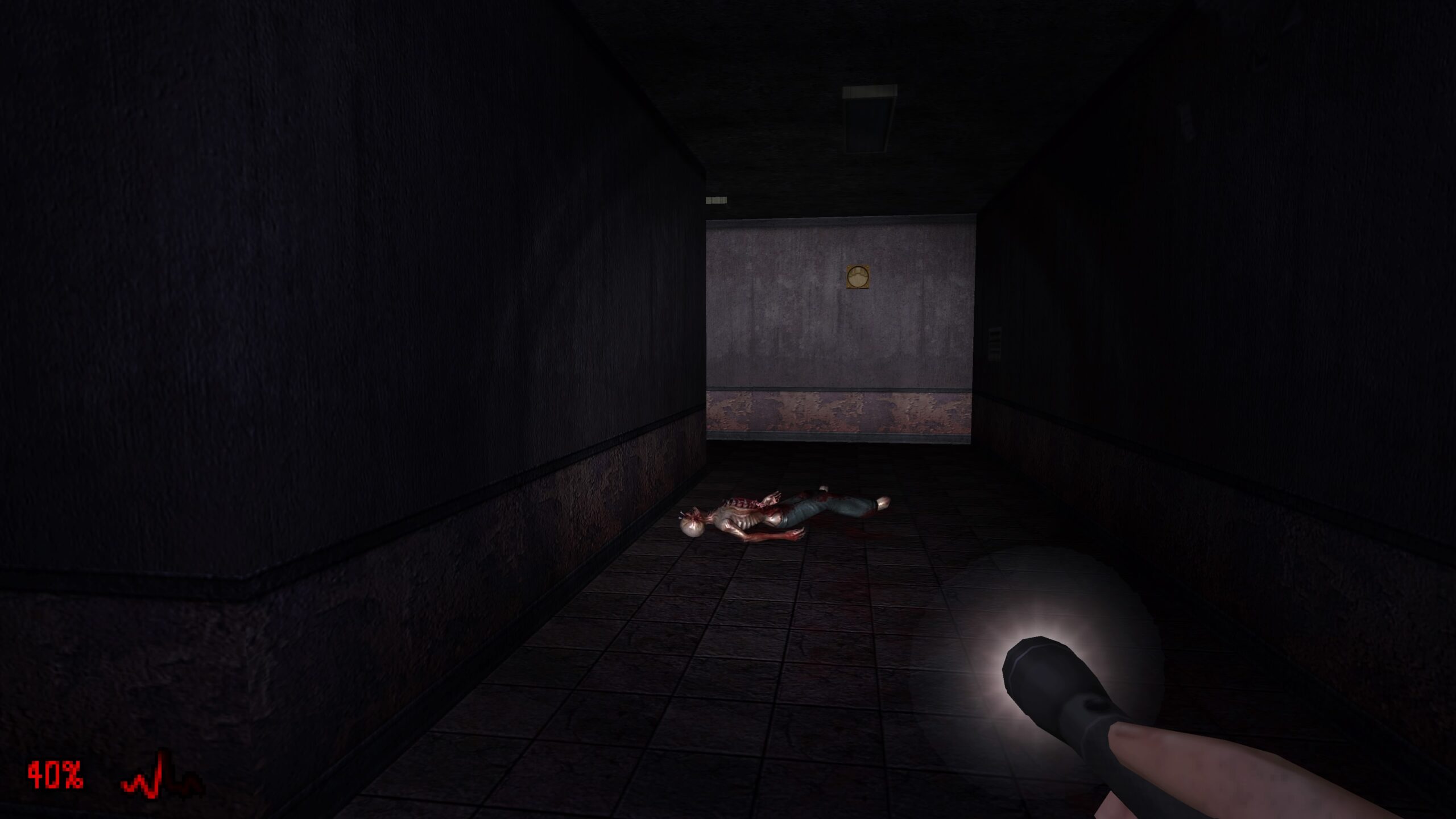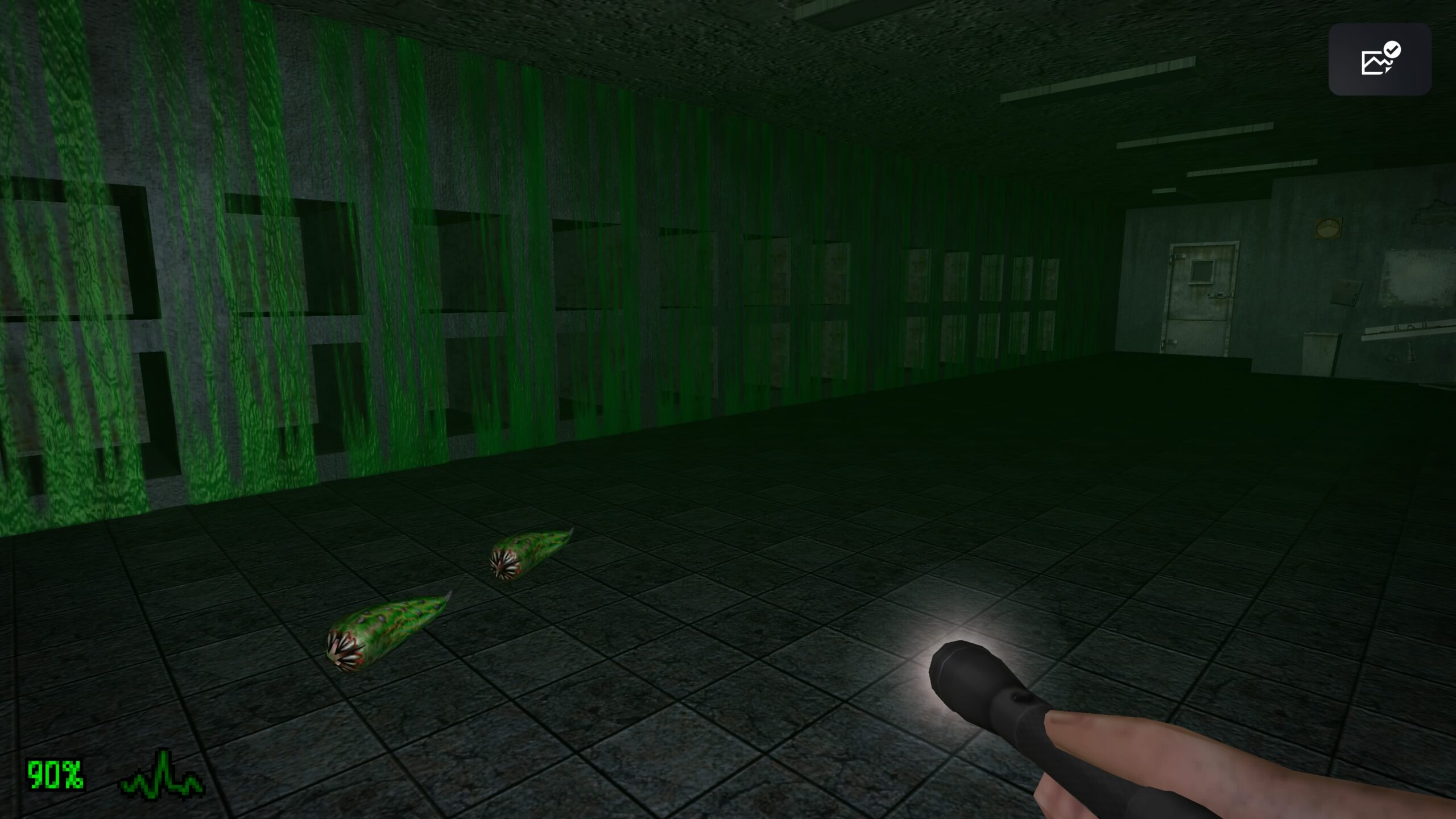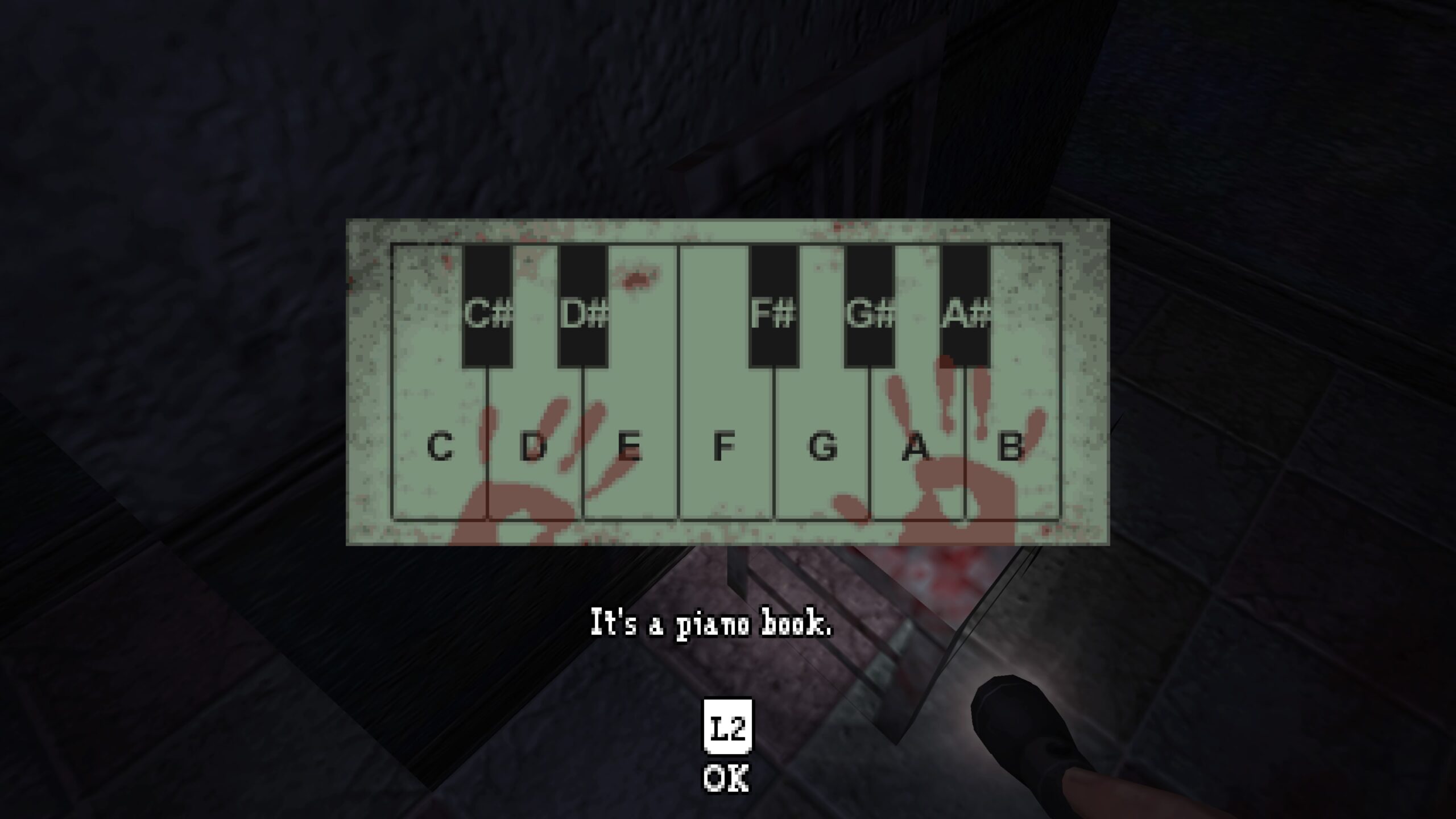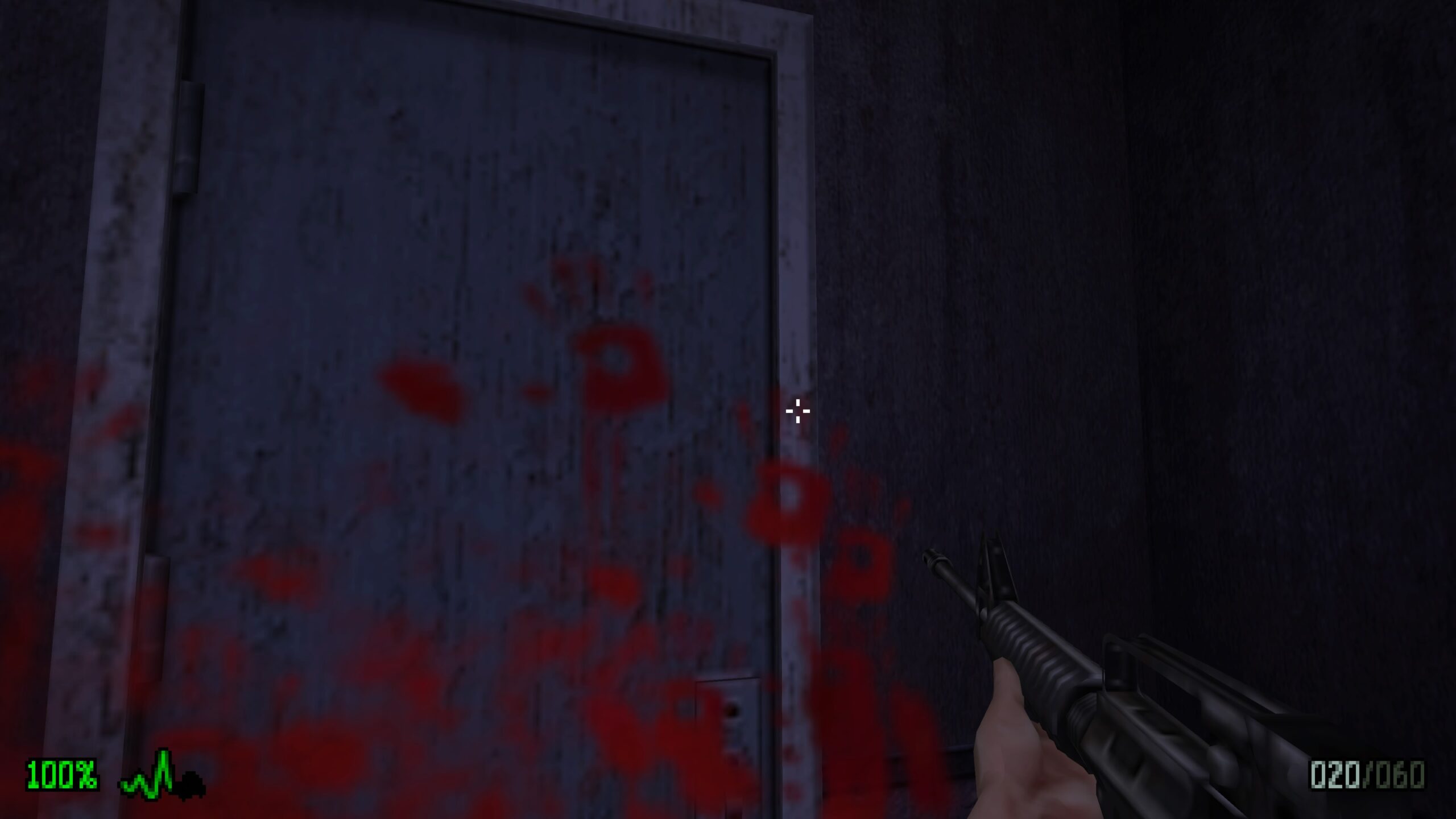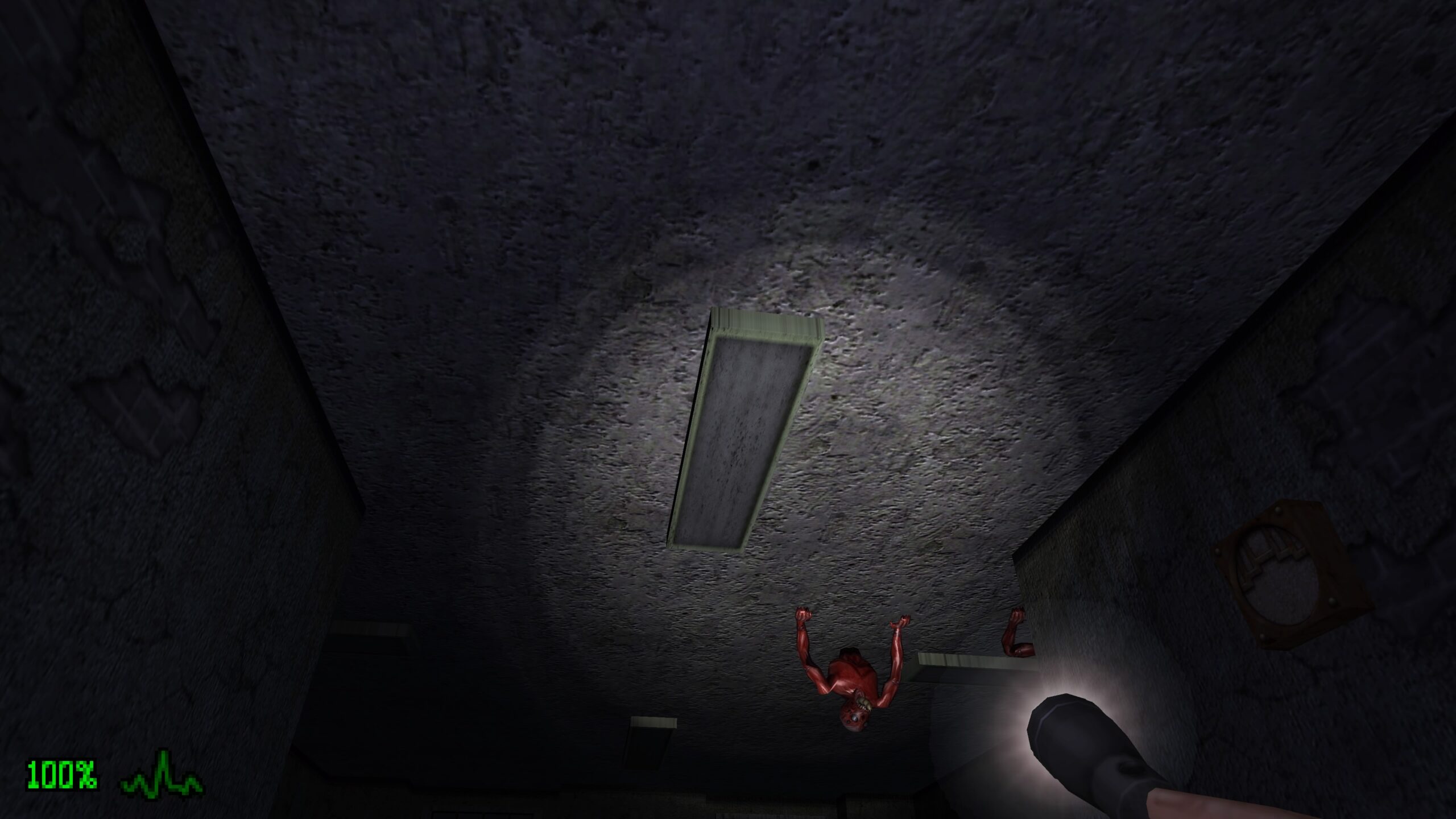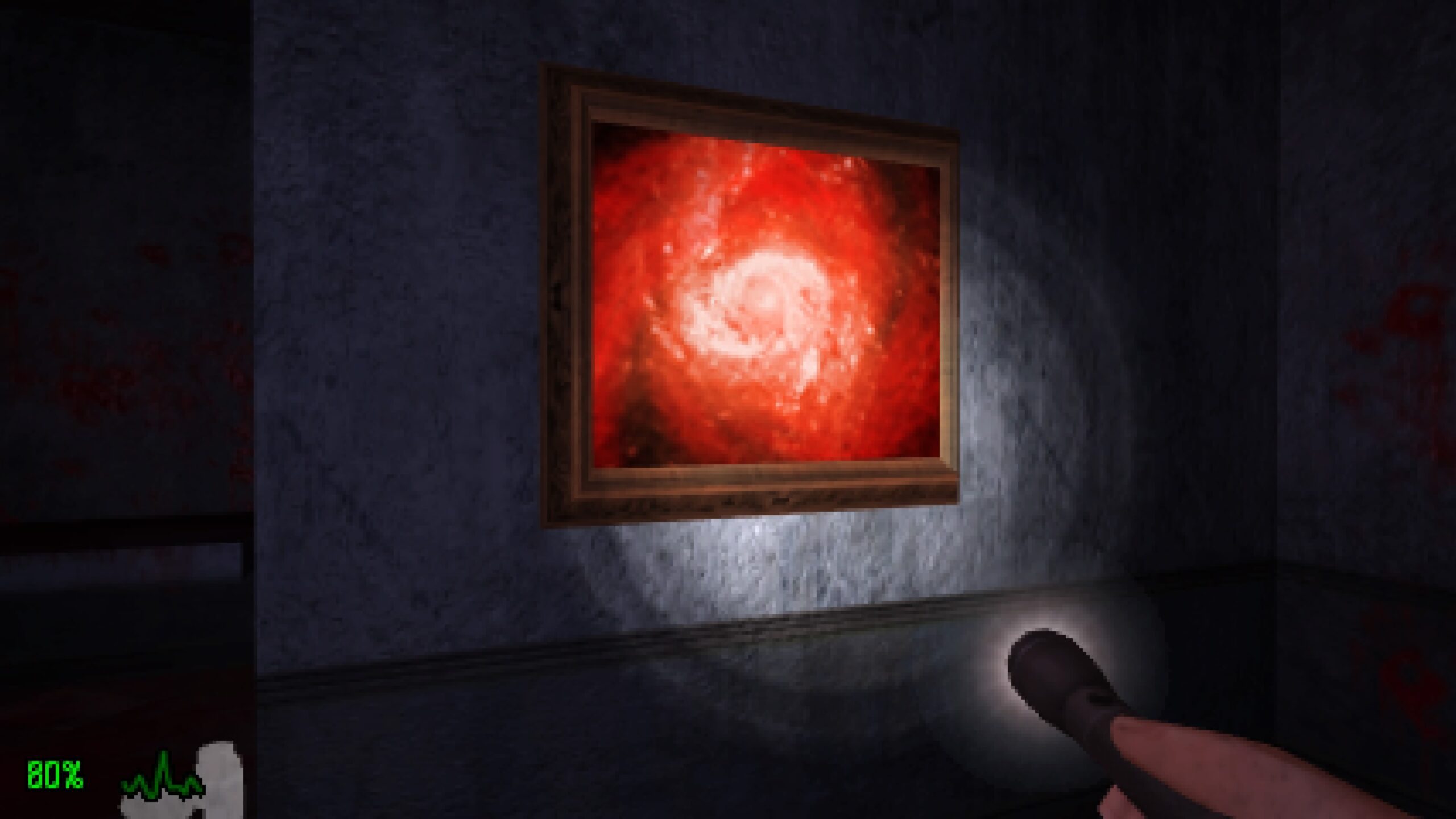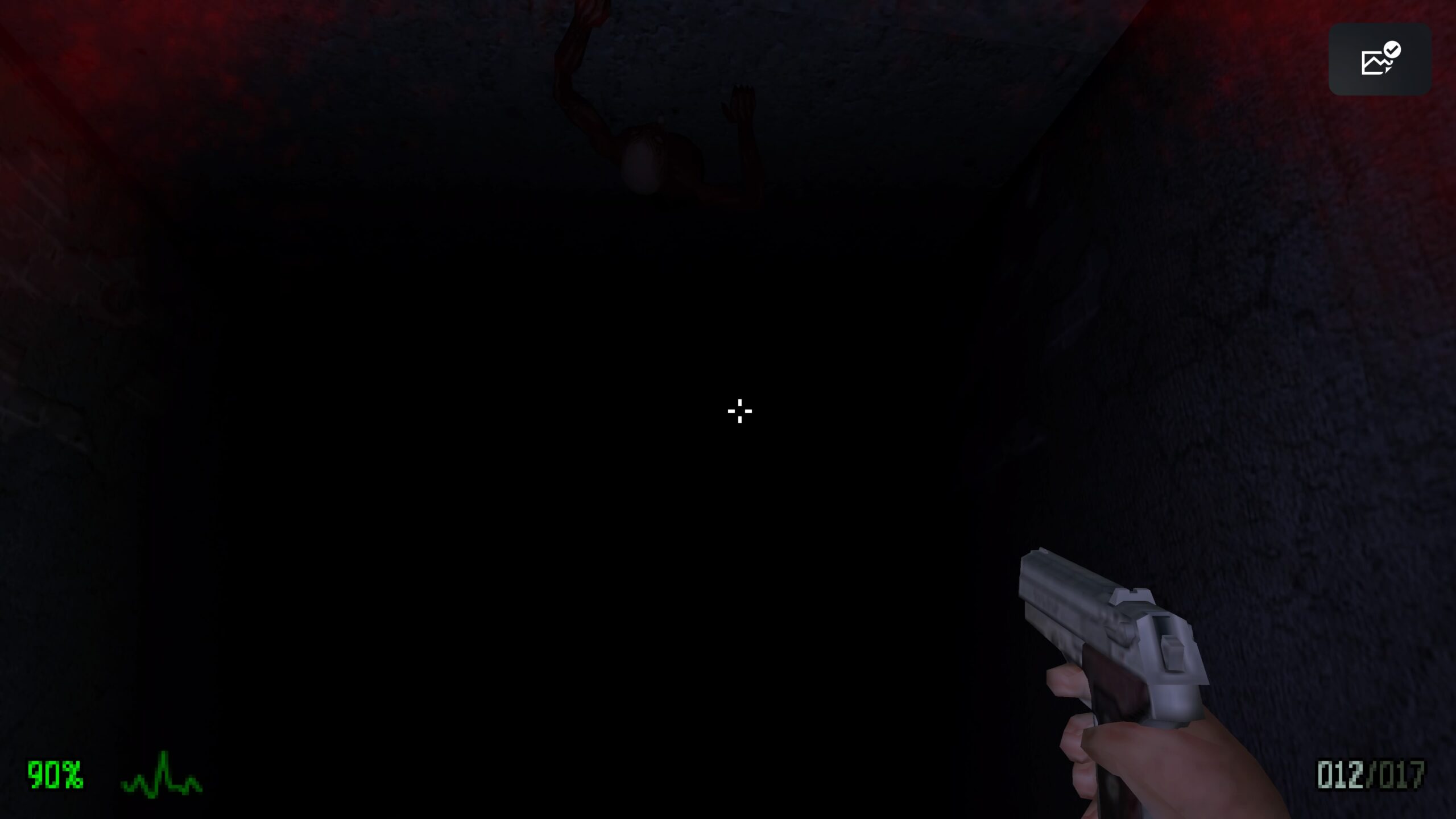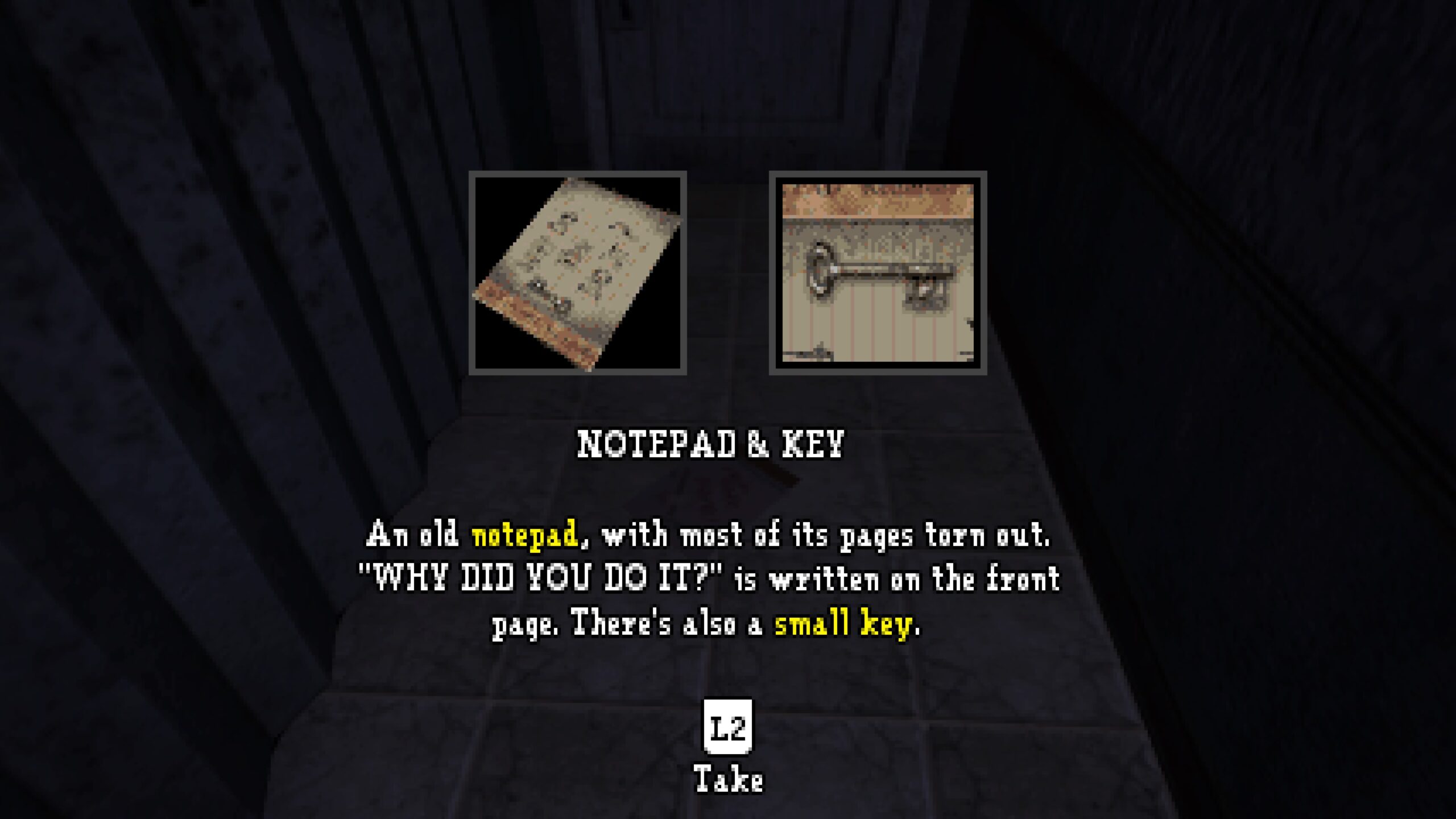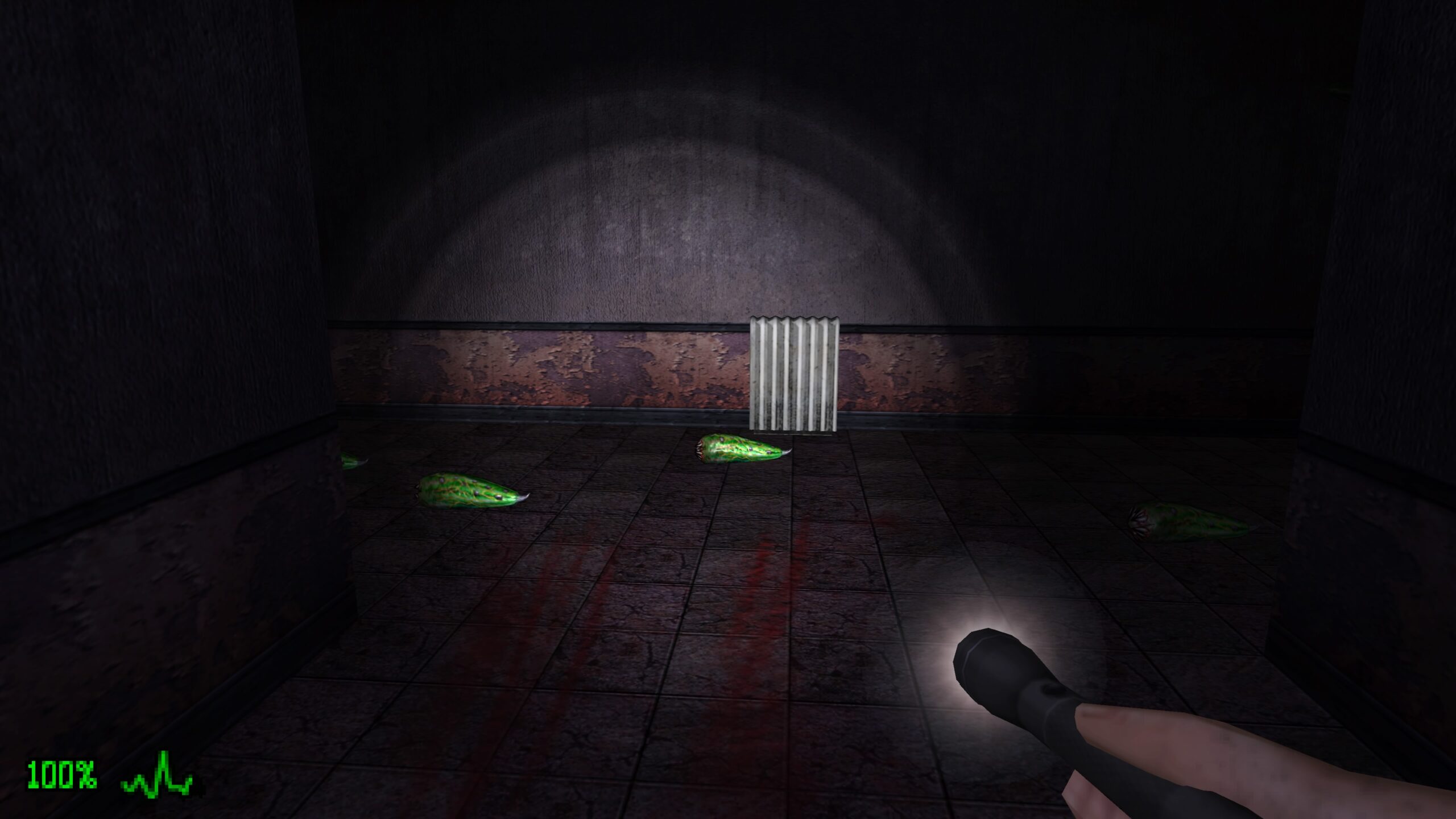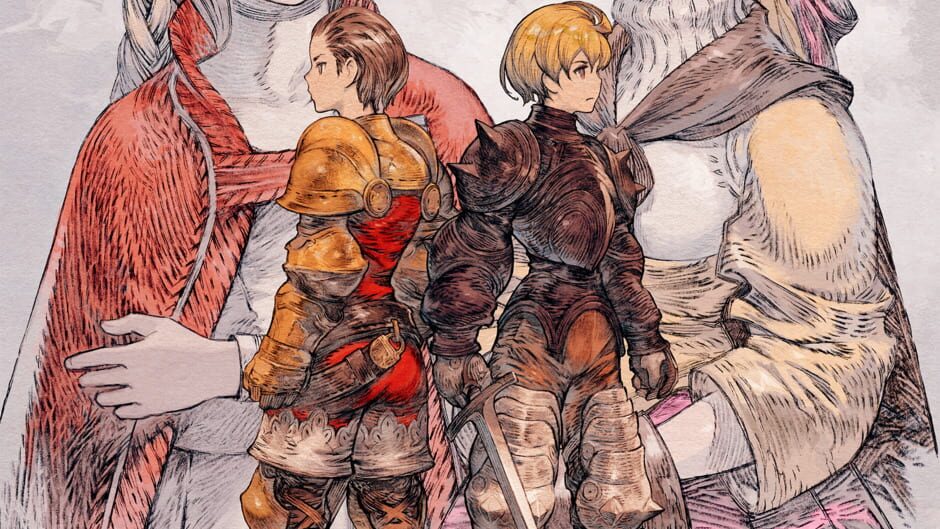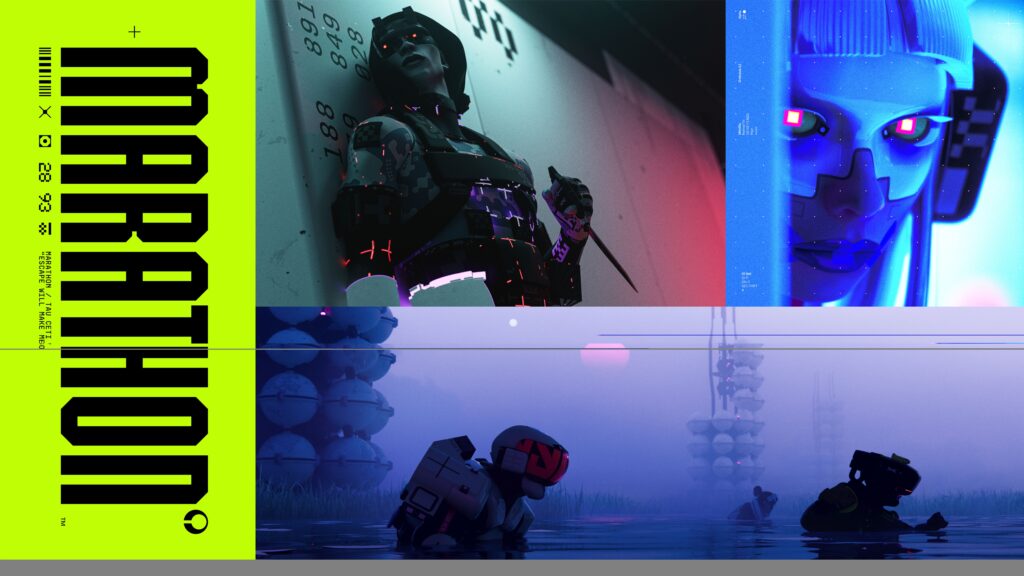I had my first run-in with survival horror at the young age of 3. At that fragile age, my father received a PlayStation one for Christmas, along with Resident Evil Survivor. I was never one to heed warnings, so naturally when he told me I didn’t want to see the terrors of that game, I didn’t listen.
Say what you want to about that Resident Evil: Survivor, but whenever I snuck into the living room to watch, I was scared to death. So much so, that I begged him to give the game back to my aunt and uncle. The entire vibe of the game left me uneasy, and the first zombie alone was enough to give me nightmares. As you probably could guess, I spent the next several years ignoring warnings, sneaking behind the couch, and watching scary games and movies. All the while losing sleep in the process.
Fast forward around a decade later, and I had my first experience with Resident Evil Outbreak on the PS2. That fateful day, at a friend’s house in early spring, my love for survival horror games was born. I would develop a hunger for that thrill, seeking out any horror game I could find. I borrowed the original Silent Hill from the same aunt, dove headfirst into the Resident Evil GameCube remake, and oversaturated my mind with terror. All core memories I’ll cherish forever.
Dementium: The Ward is a title that captures that history with survival horror perfectly. From the eerie music and gritty atmosphere to the tense moments of danger, it takes me back to a time I miss quite fondly. And it does it well. Originally developed by Renegade Kid for the DS, Dementium is now available on modern home consoles. And it is a blast.
An Abandoned Psych Ward
The story of Dementium follows a man by the name of William Redmoor. After waking up in an abandoned psych ward with amnesia, he sets out to find answers. While he makes his way through the hospital, he encounters a series of visions, horrendous creatures, and a mysterious man known as “The Doctor”. If he can survive the hospital and defeat The Doctor, he just might make sense of the insanity he’s found himself in.
The story is presented through brief cutscenes, newspapers, and files found in the hospital. It’s effective in capturing the feeling of being lost in a nightmare with amnesia and classic survival horror games. That’s a big accomplishment, especially in a game that originated on a seventh gen handheld console.
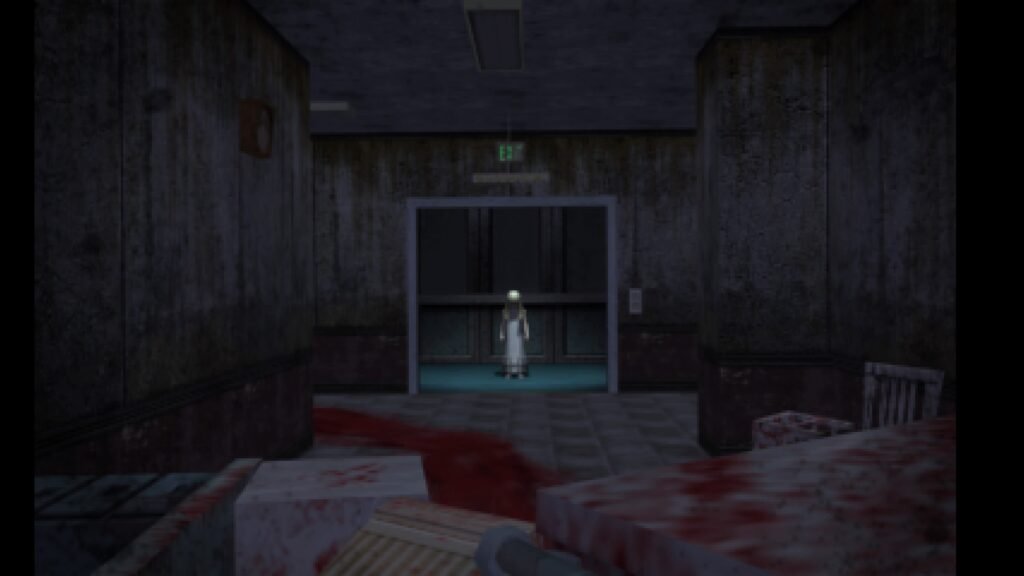
Danger Across Every Corner
That same feeling is greatly carried over into the gameplay. Claustrophobic hallways are accentuated by the first person perspective, and the feeling of grave danger is ever-present.
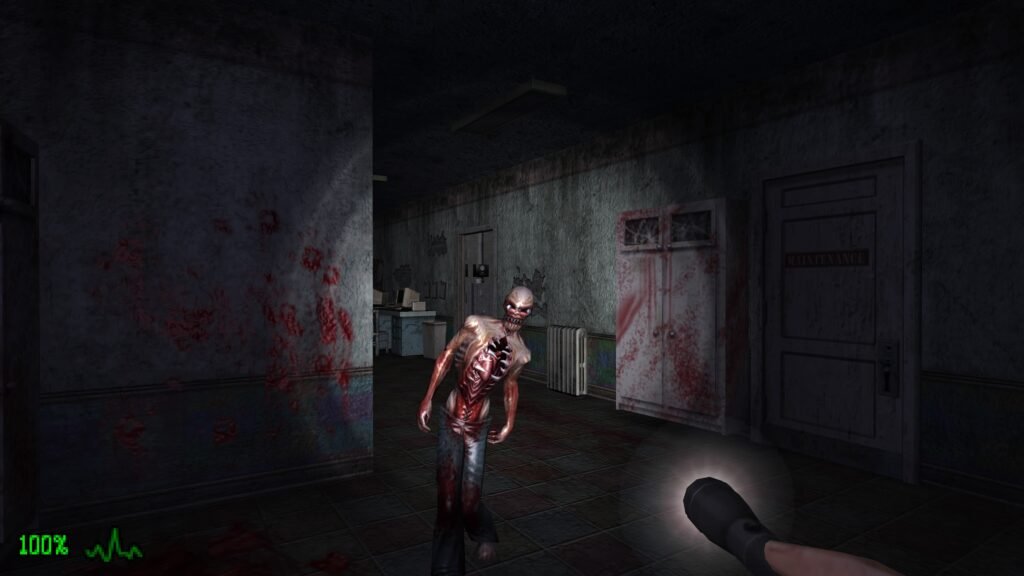
Access to tools and weapons are limited, which greatly adds to the tension. In Dementium, you have to swap between your flashlight and weapons to fight for your life against the monsters that surround you. It creates some terrifying moments, as one wrong move could cost you your life and progress. It’s a constant game of close calls and narrow escapes, something that greatly benefits this title. If you ever played the aforementioned RE Survivor or Silent Hill, you’ll have an idea of what to expect. But that doesn’t mean it’ll be easy. Many times I found myself overwhelmed by a new horde of enemies, which made playing this with a low bpm next to impossible.
A Quintessential Graphics Style
The graphics of this game may be of a bygone era, but that is far from an insult. Textures and models have been updated, but it maintains a retro look that OG survival horror fans can easily appreciate. And there’s even filters you can turn on that further capture the feeling of a PS1 horror title. When it originally came out, Dementium took the hardware presented and made gold.
Moreover, the goal of the original team was to continue producing games in this graphical style, and they pulled it off excellently. It’s no fluke that it received accolades when it first released. And it’s no surprise that same core philosophy is just as entertaining on modern consoles.
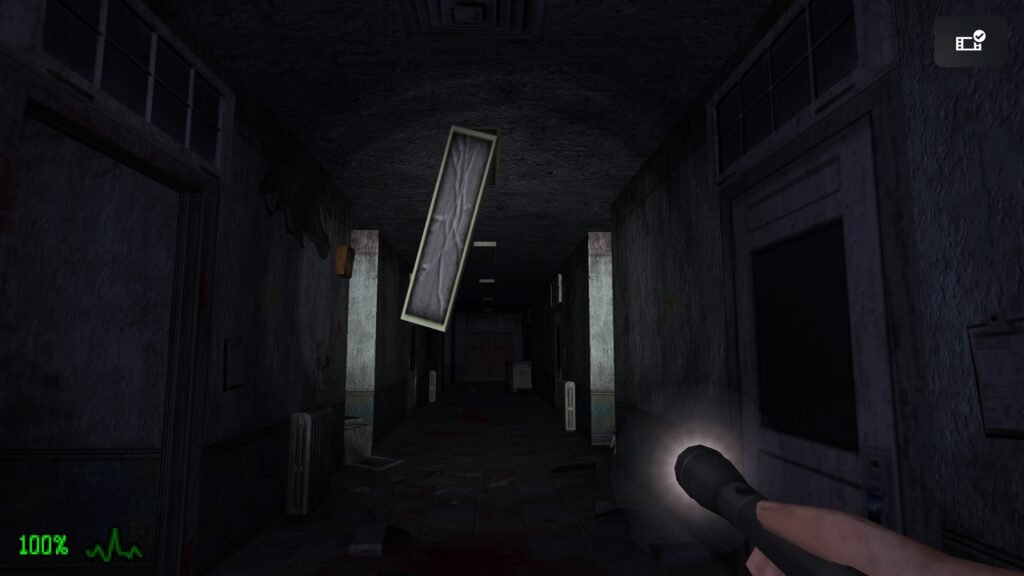
The sound design in this game is just as impressive. The music and ambient sounds alone are enough to keep you on the edge of your seat, and many times it made me cautious to take another step forward. Screams and groans from tortured souls echo through the corridors while beautifully eerie piano plays and William’s heartbeat fills the rest of the space.
Boss fights become much more intense through musical crescendos, and moments of peace are still just as tense thanks to the same sound design choices. Dementium is a testament to the fact that you don’t need shock and hyper-realism to craft a terrifying universe.
Short, but Sweet
Here’s where the game may falter for some, admittedly. Since it was originally made for the DS, there wasn’t enough space for a lot of extra files or alternate endings. And if you play the game thoroughly, you will find everything there is to discover within your first playthrough. This may keep some players from coming back, but it won’t keep them from wanting more. With an impressive 6 hour runtime, you won’t feel shorted an experience.
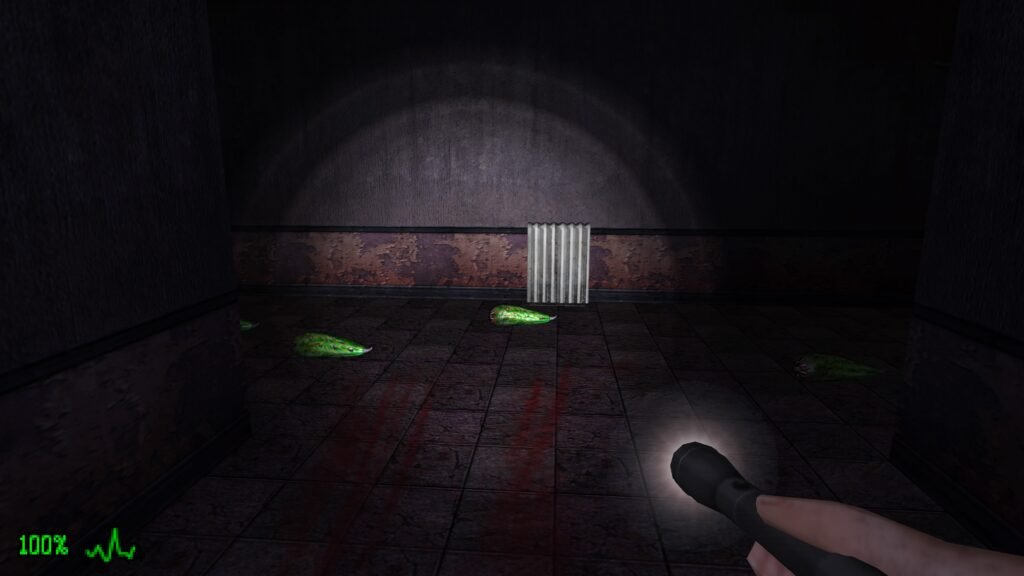
Freed from its Hardware Shackles
Dementium: The Ward is a game that knows what it is and what its goals are, and uses that to its advantage. Players looking for a fun, atmospheric horror experience will find a lot to enjoy here. There’s no surprise this game was acclaimed upon its first release, and it has aged like fine wine. It’s a game that has endured the test of time and proven that quality is hard to deny.
With the publisher Atooi owning the rights, there may be a chance that we’ll see a modern sequel built with consoles in mind. Dementium 2 does already exist, but I would love to see what the team can do without strict hardware limitations. In the age of reboots and remakes, that is one that would be more than welcome. Here’s to hoping we’ll see more of this franchise in the future.
Joys
- Spooky atmosphere
- Nostalgic survival horror vibes
Cons
- Short story
- Less replayability for some players
